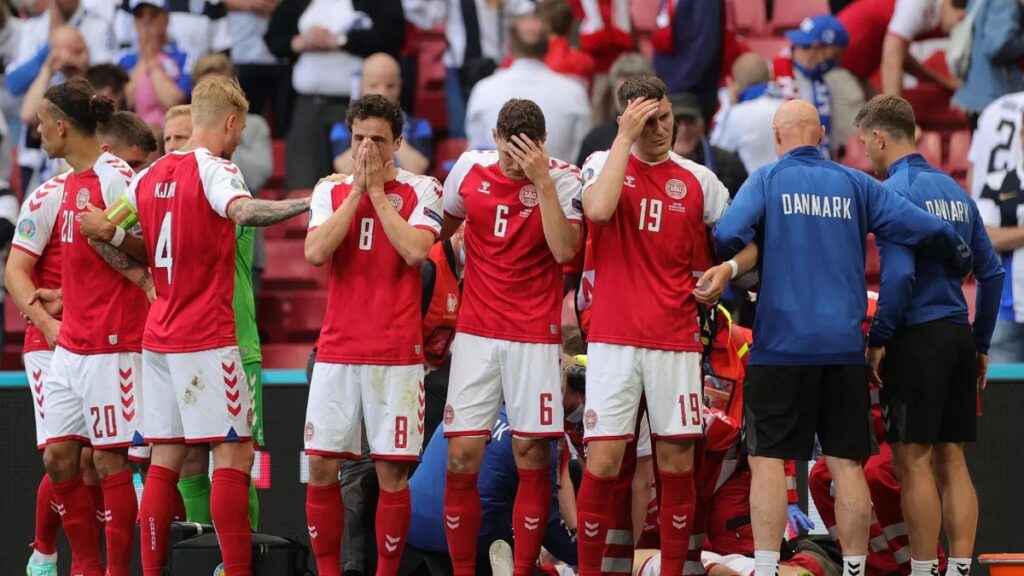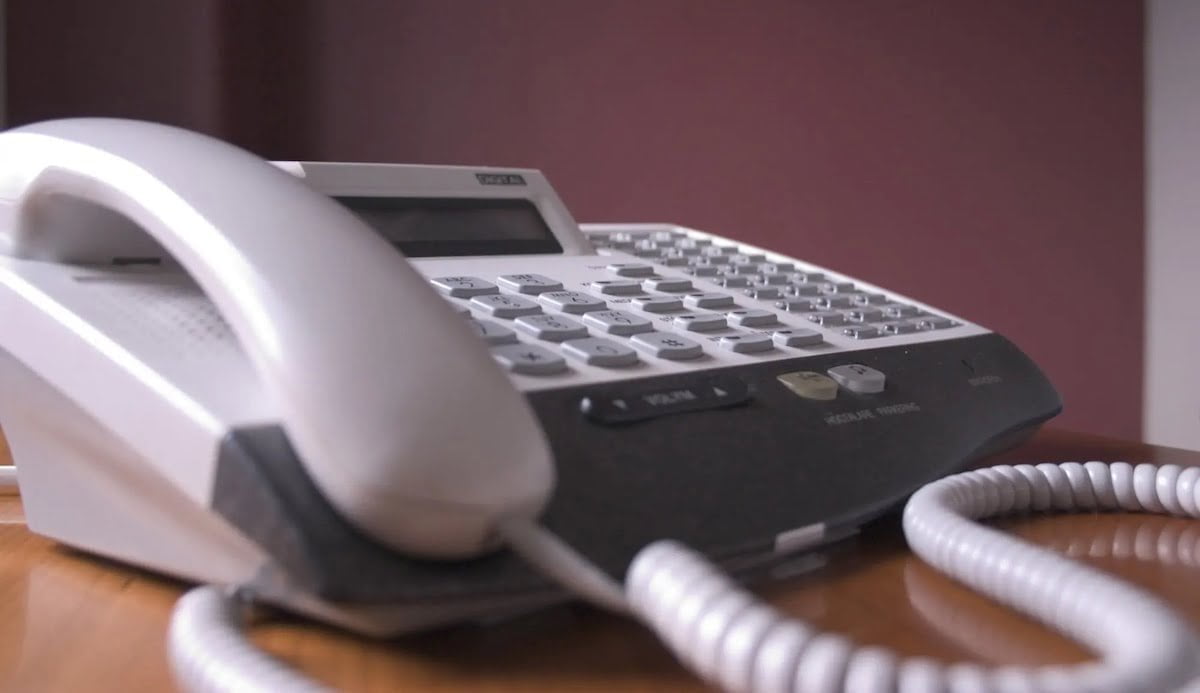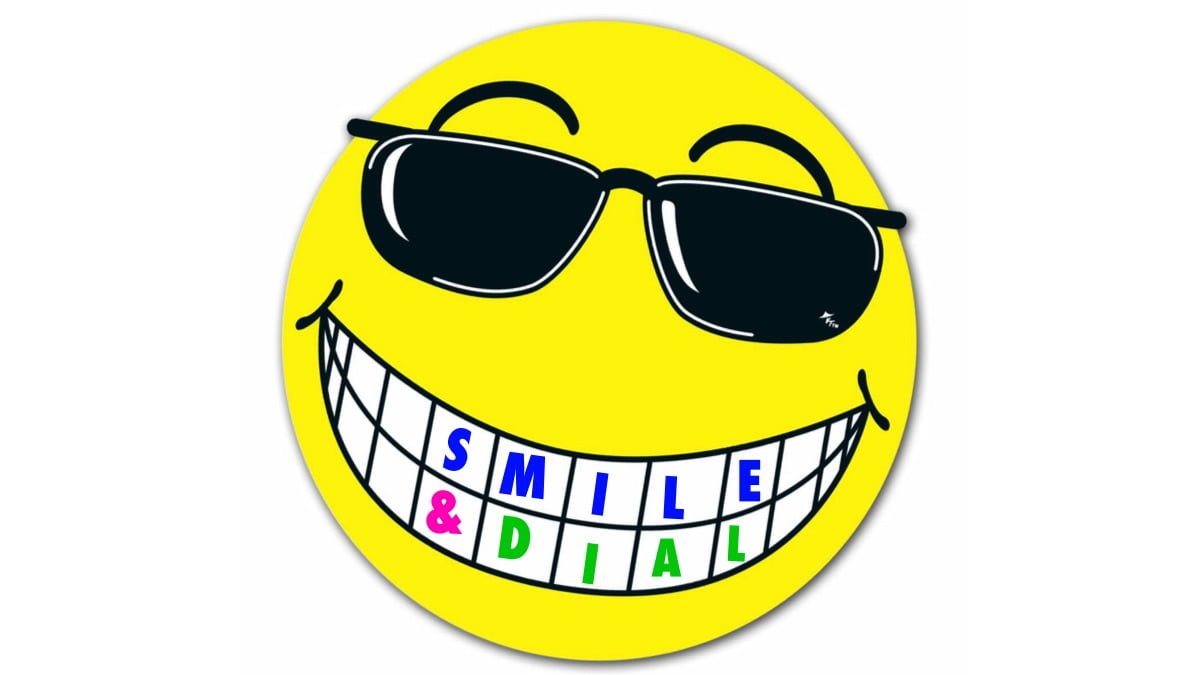A player collapses on the field during your broadcast, what now? While you absolutely feel for the individual, you have to describe the activity and hope for the best. Nothing can prepare you for this eventuality. As we’ve talked about in previous columns, you can’t play doctor and speculate on the injury; you just have to describe what you see. While thankfully these incidents are few and far between, you just can’t possibly know if something like this could happen in one of your broadcasts.
It all comes down to how you handle it. In this case, at the European Championship, Denmark midfielder Christian Eriksen collapsed on the field. He needed CPR in order to be resuscitated. Ericksen was given chest compressions as his teammates stood around him to create a type of “privacy wall”. Eriksen was carried off the field to a loud ovation from the audience. This is when you start dealing in fact-based commentary only. What you see being done is what you talk about. Reaction shots from the crowd, teammates and officials can tell the story better than you. This is the time when your director, producer and camera operators are critical to the storytelling.

The game was broadcast throughout the world. ESPN had the broadcast in the United States and as you can imagine, they took some heat for the way the medical incident was handled. Many complained that the telecast lingered too long on the scene before cutting away. ESPN said it didn’t have its cameras at the match and was using a “world feed” supplied by the Union of European Football Associations.
“Once it was clear the world feed was going to take a more aggressive approach to covering the situation, we should have moved quicker to a static wide shot of the stadium or returned to the studio,” ESPN said in a statement.
You are damned if you do and damned if you don’t. If there was no focus on the injury, ESPN would have taken heat for that as well. In these cases, you just have to do the best you can under the circumstances.
The Eriksen situation, got me thinking about a situation I found myself in, while doing pregame for the Chicago Cubs in 2002. In fact, we’re approaching the anniversary of this sad day. It was June 22, 2002 at Wrigley Field when the game was being delayed and nobody knew why. It was the day that Cardinals’ pitcher Darryl Kile passed away in his hotel room in Chicago. He didn’t report to the ballpark for batting practice, when he normally would. The team had hotel staff check Kile’s room and that’s when they found him in his bed. He passed away in his sleep. Just an awful day at Wrigley and a terrible day to be broadcasting.
It was a beautiful Saturday afternoon in Chicago. I remember it was a strange start time (2:05pm Central) due to Fox televising the game. My pregame show started at 1:30 that afternoon. Before our show began, we were informed of Kile’s death. However, we were not allowed to broadcast the information, since his family had not been notified yet. I remember thinking, ok, so how are we going to let people know that this game isn’t happening, without giving up this tragic information. On one hand we have a responsibility to let fans know what’s going on, but then there’s the more important aspect, someone has died and the family didn’t know. Even in a competitive world, the latter trumps the former. We started the show as normal and had some discussions on how to move forward during commercial breaks.
As I recall, we decided to mention that there was going to be a delay, without going into specifics. Keeping it vague at least let the audience that the game wouldn’t start on time. But, at the same time it opened up a whole different set of issues. You have to remember that in June 2002, we were only nine months removed from the horrific terrorist attack on our country on 9/11/2001. I was sure that people’s first thoughts would be that there was some kind of security risk to fans in the ballpark. In fact, later I learned that a rumor had been swirling around that an attack was imminent. Of course, that was just an unsubstantiated rumor.
After discussion with my sports director Dave Eanet and booth mates, Pat Hughes and Ron Santo, we decided to alleviate that thought. We had to. Knowing that in those days a lot of fans brought their radios to the ballpark, we felt the need to alleviate any concerns about security. Coming back from a break we decided to say, “we have been informed that there will be a delay before first pitch this afternoon. We have been assured by Cubs officials that the reason is not a security situation, we’ll have more info as it becomes available.”
I remember feeling very empty about that statement, seeing as I knew the real reason for the delay and that the game was not going to happen at all. We had the responsibility to keep going and continue to provide a pregame show as if nothing was happening. Santo and I started to fill, talking about general baseball things, standings, league leaders and the Cubs upcoming schedule. After extending the pregame show a bit, it was time to hand things off to Hughes for the start of what was supposed to be the broadcast of the game.
It was at that time, I decided to take our wireless microphone and head down to the field. It was very strange being on the field at that time of the day. I saw no activity in either dugout. People in the stands were asking me what was going on. I had to lie and say, “I have no idea, that’s why I’m down here.” It was just a few moments later that Cubs’ catcher Joe Girardi came out of the dugout, surrounded by teammates, members of the Cardinals and the umpiring crew, to make an announcement to the crowd. It was 2:37pm and his message was carried live on our airwaves and on Fox.
“Excuse me. I thank you for your patience,” he started, with his voice cracking with emotion. “We regret to inform you because of a tragedy in the Cardinal family that the commissioner has cancelled the game today. Thank you.”
Fans were still confused after waiting for as long as they had. Some could be heard yelling “What happened?”
“Please be respectful,” Girardi responded. “You will find out eventually what has happened, and…I ask that you say a prayer for the St. Louis Cardinal family.” The fans politely applauded Girardi as a sign of thanks. Girardi would later say it was the hardest thing he ever had to do in the game. He said it was more difficult than taking his uniform off for the last time as a player.
There are a few things I’ll never forget after Girardi’s address. Seeing Tony La Russa and Cubs manager Don Baylor shake hands and embrace, each was shaking his head in disbelief. Baylor knew Kile, having managed him in Colorado during the 1998 season. Listening to the fans clammer in that din we’ve all heard before during a baseball game. Watching them file out of the park was something to behold as well. Cubs’ fans embracing and patting Cardinals’ fans on the back. For a moment the rivalry was not important. The final thing I saw on that field before making my way back up to the pressbox, were several St. Louis players, including Jim Edmonds walking across the field. They were going to address the media in the only interview room at Wrigley Field, on the third base side of the field. The looks on their faces, I’ll never forget.
While some outlets decided to run with the news before the family was notified, there was no way we were going to reveal the news prematurely. I’m extremely proud of the way my station handled a very difficult and sensitive situation. It was one of the toughest, if not THE toughest pregame broadcast I’ve ever done. I’m grateful to my teammates in the booth that afternoon for understanding the gravity of the moment.
There is no guidebook for how to broadcast under these circumstances. You have to rely on common sense and decency to get it done when it comes to tragedy. As much as athletes have a bit of celebrity to them, at the end of the day, they’re human beings with families, kids. When horrific injuries, or even death occur, remember that fact and treat the moment with the respect and dignity it deserves.
Andy Masur is a columnist for BSM and works for WGN Radio as an anchor and play-by-play announcer. He also teaches broadcasting at the Illinois Media School. During his career he has called games for the Chicago Cubs, San Diego Padres and Chicago White Sox. He can be found on Twitter @Andy_Masur1 or you can reach him by email at Andy@Andy-Masur.com.







